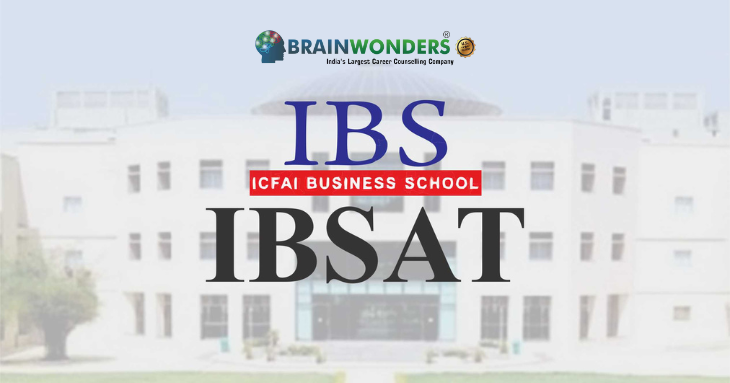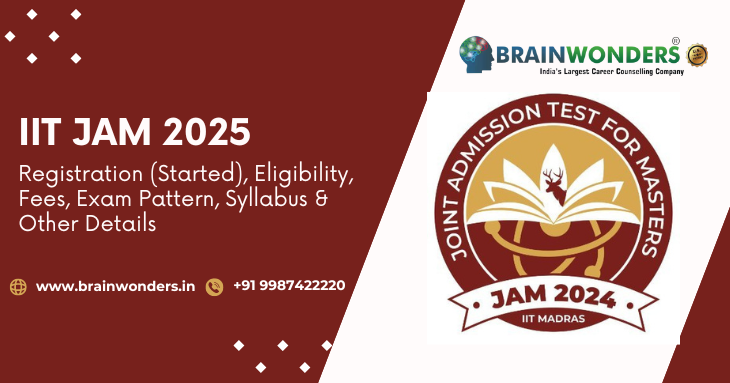

Take Brainwonders Career Test and make the right decisions for your college and course ahead
Let your unique personality, strengths, and traits guide to make the best decdision of your life!
Blog
23 May,2023 | By Brainwonders
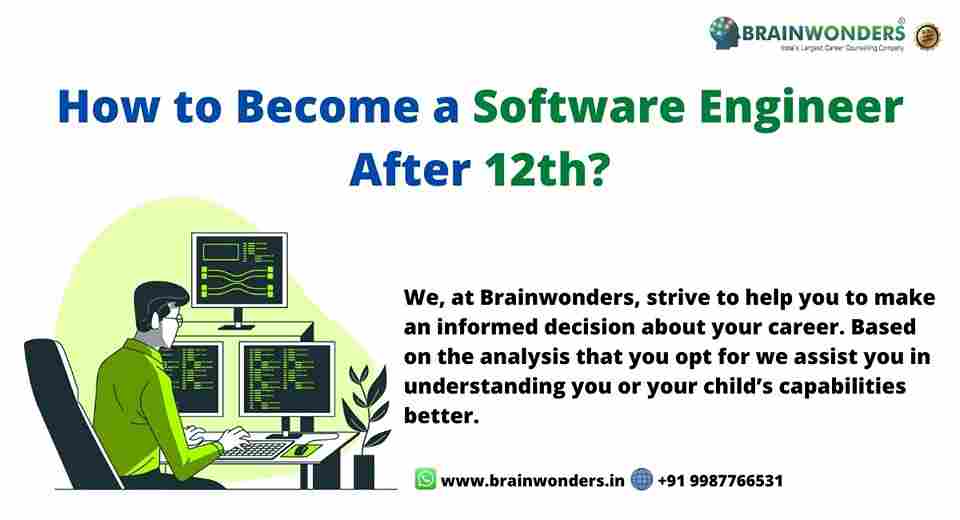
This is the period of Gen Z and Millennials. These Millennials believe they have a higher purpose in their lives than merely continuing on the same old pathways. For instance, these folks bring in creativity with information and wish to pursue innovative occupations. The march of globalisation has provided them with an abundant number of opportunities to pursue such occupations. Who would have guessed that a tiny box of technology with some keys and a screen would bring a whole new revolution in the sector and become one of the main employment alternatives for young millennials? Yes, you are correct. I am talking about computers and Laptops, and the vocation that one may follow is software engineering.
The digital sector's unsung heroes are software developers. That our gadgets can transcend their plastic and silicon bodies is owing to their abilities (and, of course, the miracles of contemporary engineering). Coders' labor might seem overwhelming or even incomprehensible from afar. It's never been simpler to get into the software engineering sector because of the wide availability of computer science education and training alternatives. Ambition, hard effort, planning, and flexibility are all you need.
Now the 12th board results are out, have you which course you should pursue after 12th? Are you struggling to figure out the right course/ career after 12th? Well, you don’t have to worry; we at Brainwonders have made a fantastic Marks2Career Platform, which will help you select the suitable courses just by adding your 12th marks. Marks2Career is an extensively researched platform with highly AI-driven results.
The field of software engineering is constantly evolving. Because of this, it is necessary to keep up with the times and adapt to new technologies as they emerge. Because of its ever-changing nature, there are several ways to get into the IT industry. Software developers, like magicians, can convert a basic idea into a real-world product. Software engineers are talented enough to make the impossible feasible, a quality that is highly sought after. For individuals born after 1997, over a fifth (19 per cent) of all job applications come from Generation Z (those born between 1997 and 2000). Because we live in a technologically advanced era, this surge of applicants will be welcomed with open arms by an industry that has been beset by severe skills shortages in recent years. How to become a software Engineer after 12th? What is the maximum qualification required to become a software engineer? We will be answering all this question, just make sure to go through each step:

A bachelor's degree is the minimum education required to begin a career as a software engineer. Computer software engineering, computer science, and mathematics are the most popular subjects in which these awards are given. The field of software engineering offers a wide variety of employment options once you have your foot in the door. Computer science or a similar area should be your initial step. To get started as a software engineer, you'll need at least a four-year college degree.
Computer science is the best major if you want to build software. Candidates may expect to be questioned on topics such as data structures and algorithms throughout the interview process. Traditional computer science degrees, on the other hand, provide the greatest theoretical training for this. You will, however, spend the majority of your time outside of the classroom writing software. In India, if one wants to pursue software engineering then a B.tech in Software engineering or IT or bachelor's in Computer Science are the most popular paths.

As a rule of thumb, it's best to learn at least one programming language and two or three operating systems before deciding which ones to master. According to a HackerRank poll, 73% of developers use JavaScript as their primary programming language. While Go, Kotlin, Python, and TypeScript are the four most popular languages they want to study.
Knowledge of mobile coding is another critical consideration. Smartphones and other digital gadgets have become an extension of our bodies in bodies digital age. We spend our lives on those sleek black boxes. It's better to stay ahead of the curve now, rather than later when you'll be scrambling to keep up with the competition. An intensive, job-ready curriculum at coding boot camps is your ticket to gaining the programming skills you need. It's difficult to learn software engineering from start, but if you're prepared to put in the time, effort, and attention, even beginners to the business can rapidly create a solid knowledge foundation and become ready for an entry-level career.
Visit: Online Career Counselling & Career Guidance | Best Career Counsellors – Brainwonders
For individuals who don't have the time or money to complete a four-year degree programme, a coding boot camp may be a viable option. Courses typically last three to six months and may be completed part-time or full-time. They are also less expensive than longer degree programmes. Many boot camps are also incredibly flexible; they may be taken online, in person, or even over the weekend. Even though coding boot camps tend to specialise in web-based coding rather than software engineering, they may not be the greatest option for someone who wants to secure a job in the latter sector as soon as they finish their official study.
Recommended Read:
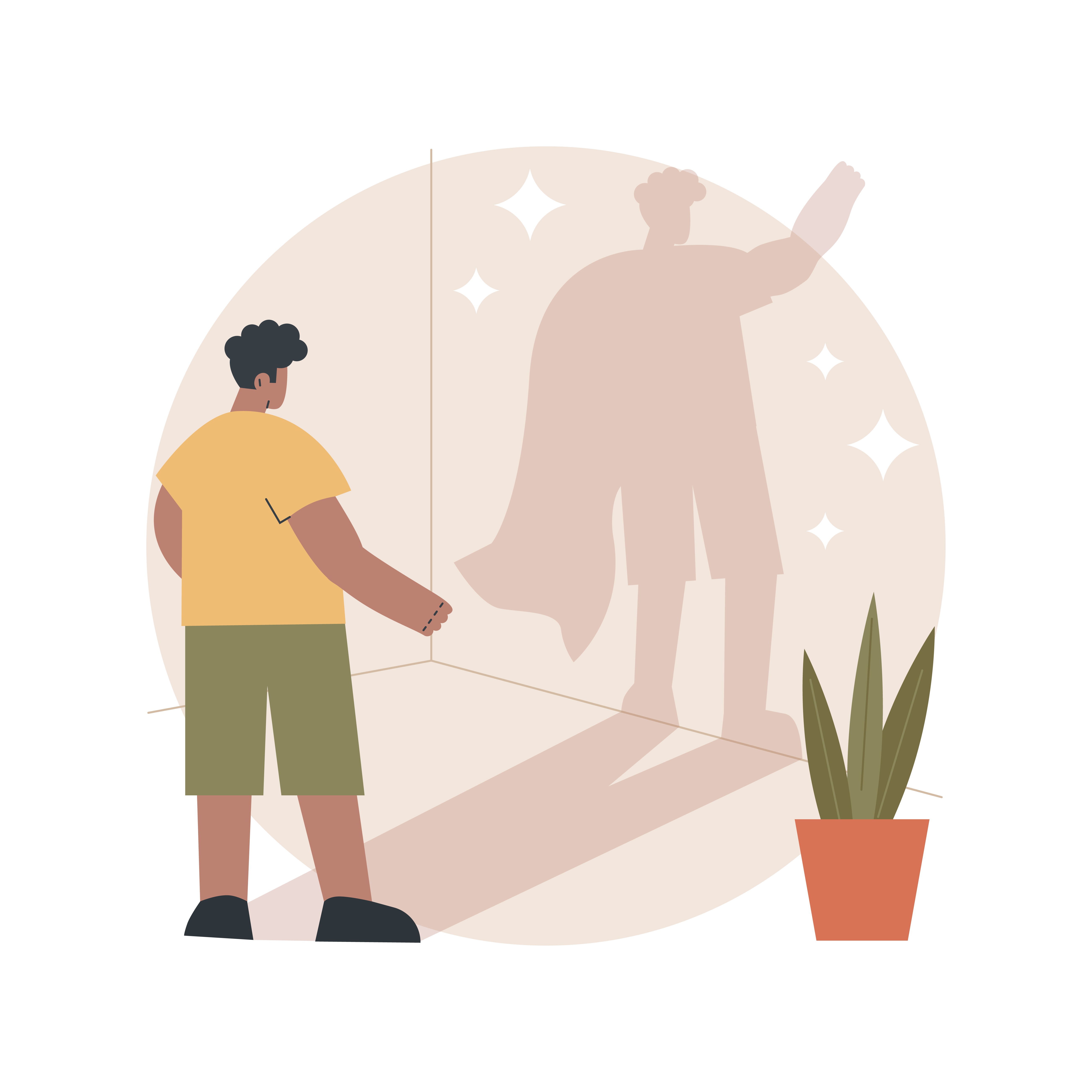
Formal lessons aren't the only way you can learn new abilities! There are several ways in which aspiring software engineers may get hands-on experience, including internships, volunteer work, personal projects, and other job experiences. Making use of time spent outside of the classroom to hone your coding abilities can give you an edge in the job market by helping you build a stronger résumé and portfolio.
Having trouble figuring out where to begin? Consider contacting the alumni relations office of the school you're attending to see if they might help you find an internship or job placement opportunity. While still in school, internships are a great way for students to get essential work experience. With the aid of internships, students may make valuable connections that will serve them throughout their careers.

The stereotype of a nerd hunched over a computer, pounding away at a keyboard, is a thing of the past. Writing code is just a small part of what you do as a software engineer. As a member of a team, you must be able to communicate effectively with your coworkers to get the greatest outcomes.
Others may be able to see ways to enhance your thoughts if you can communicate yourself effectively. When faced with a difficult bug, enlisting the assistance of your team may help you come up with innovative solutions.
There will be a lot of user documentation to write once the project is complete. Even though it may seem like a hassle at times, it is necessary to complete. In many organisations, poorly written documentation is their biggest pet peeve. When it comes to the written word, you'll be a step ahead of the competition and assist to improve the end-user experience.
Most companies are going to want to know whether you've built software or worked on a project from the ground up. It is more important to have real-world experience than a high GPA. Your textbook knowledge of CS basics and ideas should be leveraged to construct some great software. Theoretical knowledge is useless unless you can put it to use in a real-world context. So, put everything you've learnt to use by creating some software or a project of your own.
By posting everything online, job recruiters will be able to see your work, whether it's for yourself or a company. In your projects, you will be able to demonstrate your abilities and expertise to prospective employers.
Visit: What is Personality Test | How to Take the Personality Test? – Brainwonders
When it comes to solving a certain issue, an algorithm is the best method to go about it. They enable programmers to solve the issue in a shorter length of time and a smaller quantity of storage space. A software engineer's job is to come up with the most efficient solution to a given issue, taking into account factors such as execution time and available memory. They should be able to identify the optimum method and data format for a given task.
Suppose you're trying to find a certain item in a vast database. A linear search or a binary search may be used to find information about the element. Now you have to select whether the method of searching the data is superior (you have to consider time and memory management) (It depends on the number of data). We strongly advise you to concentrate on these two fundamental aspects of programming. The greatest way to learn how to create the optimal algorithm for a given issue is to study mathematics.
IT consulting firms, large IT providers, software development firms, internet service providers, and training firms; organisations that use IT software, systems, and equipment, such as retailers, law firms, business intelligence and market research firms, education providers, the armed forces, the public sector, and nonprofit organisations.
The manufacturing industry Comprises automobile, navigation, telecommunications, manufacturing, and construction firms.
Financial services - worldwide investment banks, financial/banking organisations, security market professionals, and the pensions industry are all included.
Public utilities - include electricity and water distribution, as well as energy extraction and transportation.
Software engineering may be provided as part of a broader position depending on the context, therefore looking beyond the job title.
Another area where software engineer employment is available is consulting. Other facets of the function may include analysis, implementation, and support. Small and medium-sized businesses (SMEs) are a rising segment of the information technology sector and may provide possibilities.
There are several degrees of software engineering, and advancement is often determined by both aptitude and experience.
Typically, an entry-level position entails working under supervision, defining the scope and goals of systems, and writing code. After about three years, you will be capable of developing thorough specifications from which programmes may be developed and working at the highest technical level.
A senior software engineer often manages the operations of a development team working on a single major project or a series of smaller projects. This typically takes at least five years of expertise.
Progression is mostly via team leadership and project management jobs, or through technical specialisation to designer/consultant. Transferring across organisations to enhance one's career is often doable.
Software engineers are experts who usually spend the majority of their careers inside a single organisation and frequently in a single function. Others, on the other hand, broaden and grow their jobs to the point that software engineering becomes a component of a much broader function in fields such as technical writing, information technology training, and education. Additionally, they may advance to the post of a software architect.
Work on personal and professional qualities including cooperation, organisation, problem-solving, and taking charge of one's own destiny. This has a significant impact on a person's professional development and advancement.
Take a Master of Computer Applications or MBA in Computer Science to get your foot in the door. It's easier for you to get to the top if you augment your expertise in the field with these programmes.
Improve your ability to express yourself clearly, both orally and in writing.
Have a specific objective in mind when it comes to the industry or career you'd want to pursue. It is difficult to overstate the scope of computer science engineering. Work hard to find a niche and stick to it!
Want to know your strengths and weaknesses, take the Brainwonders aptitude test to get to know your top abilities and find out if you are apt to become a software engineer.
Take Brainwonders Career Test and make the right decisions for your college and course ahead
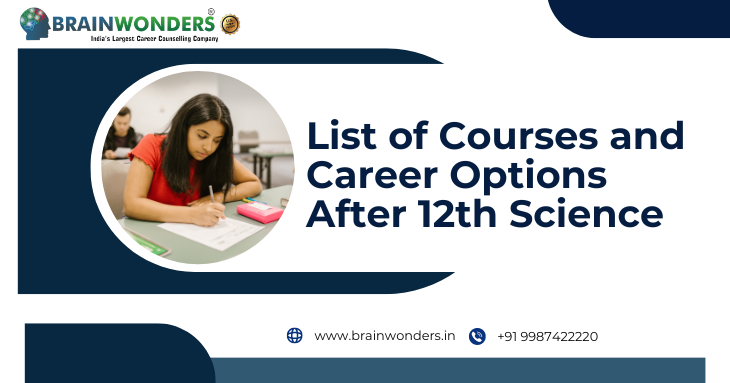


,_Syllabus,_Pattern,_Old_Question_Papers.png)
